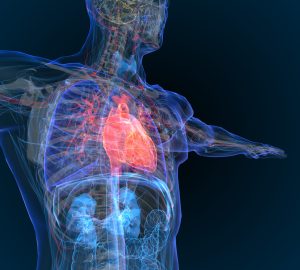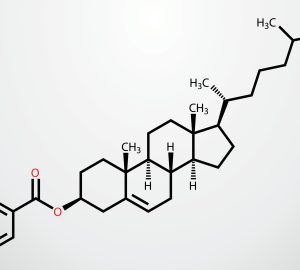innovating wound care | SSM Health DePaul Hospital opened a new wound care clinic that includes novel technology to assess oxygen at the damaged tissue level, which is useful in predicting wound healing and surgical planning for precise amputation. The hospital also enhanced its vascular institute, improving access to dialysis care and adding a new procedure room. “We have 12 surgeons and multiple procedure rooms so that we will be sure to meet the care needs in our community,” says Dr. Michael Reynolds. “The idea behind this center is that we’re not just a wound care center. We’re a healing center. Everyone who works in this space has been handpicked because they are the best in the field.”
nasal covid-19 vaccine
The world’s first nasal COVID-19 vaccine has been approved for use in India. The vaccine was developed through a partnership between Washington University School of Medicine and Bharat Biotech International Limited in India. Because the vaccine is administered at the site of infection, it has the potential to develop a stronger immune response in the nose and respiratory system. “Nasal vaccines induce the type of protective immunity that we think will prevent or limit infection and also curb pandemic transmission of this virus,” says Dr. Michael S. Diamond, co-inventor of the vaccine. “The more people the virus infects, the more chances it has to spin off new variants, which sustain the pandemic.”
treatment for “chemo-brain”
While often a lifesaving treatment, chemotherapy comes with complications for cancer patients, including cognitive impairments in processing speed, memory, executive function and attention. The condition has been dubbed “chemo brain,” and it can have long-lasting impacts after a person has completed cancer treatment. Saint Louis University researchers have discovered some of the molecular events that happen to cause chemotherapy-related cognitive impairment (CRCI). The team found that chemotherapy alters an important cellular pathway called sphingolipid metabolism in areas of the brain linked to cognitive function. While there is currently no FDA-approved treatment for CRCI, two multiple sclerosis drugs appear to have the potential to prevent it.
ai and biomedical research
Washington University School of Medicine is joining the National Institutes of HealthBridge2AI program, a $130-million initiative to expand the use of artificial intelligence (AI) in biomedical and behavioral research. One of the first projects is Voice as Biomarker of Health, which aims to build a database of human voices to train computers to identify diseases based on characteristics of a person’s voice. “There is evidence that well-designed computer models can predict who has dementia or cancer, for example, based on voice recordings, which would then supplement additional methods of diagnosis,” Philip R. O. Payne, Ph.D., says. “We also will be leading new efforts in education and workforce development in the area of AI and its applications in biomedicine.”








